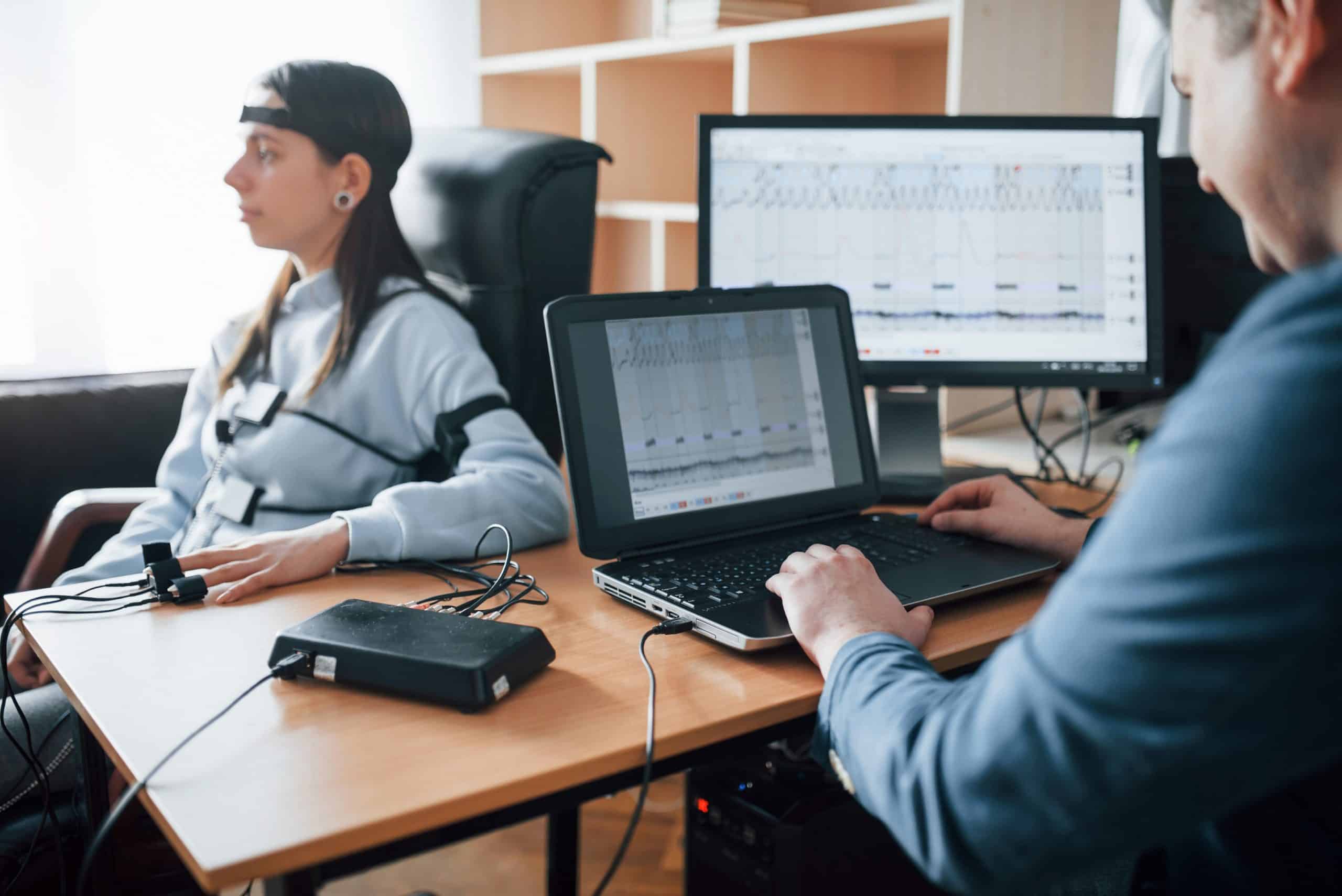
Can the Science Behind Lie Detector Tests Really Read Your Mind?
Long captivating popular curiosity and mistrust, lie detector tests—also referred to as polygraph tests—have fascinated Popularized in reality TV and criminal shows, these tests are sometimes presented as perfect means of revealing the truth. But the science underlying Lie Detector Test Missouri is significantly more complicated and subtle than the public is led to know. This paper investigates the validity, operation, and efficacy of lie detector tests to fairly read your mind.
Analyzing the Polygraph
- To find whether someone is lying, a lie detector test gauges physiological reaction. Usually involving multiple important indicators—heart rate, blood pressure, respiration rate, and skin conductivity—the test consists in observing the basic idea is that, under stress or worry, misleading responses can set off measurable physiological reactions.
- The subject is hooked to the polygraph machine during the test, which logs these physiological reactions while the examiner probes a set sequence of questions. The examiner then examines the information, looking for trends suggesting dishonesty.
The function of anxiety

A lie detector measures emotional responses that can accompany stress or worry rather than directly truthfulness or dishonesty. Someone may show enhanced physiological reactions, for example, not only from lying but also from nervousness, anxiety, or discomfort responding to the questions. Therefore, innocent people could provide findings like those of a guilty person, causing false positives.
The Argument About Accuracy
There is much disagreement among scientists on the accuracy of Lie Detector Test Missouri. Although supporters contend that polygraphs are helpful instruments in some situations, detractors point out the possible mistakes in the tests. Depending on several criteria, including the examiner’s level of expertise and the particular test environment, research indicates that polygraph accuracy may range from 70% to 90%. Moreover, some research shows that various outside events unrelated to dishonesty might affect physiological reactions; these include medication, mental health issues, or even the subject’s physical condition on the test day. This complexity begs doubts about the dependability of polygraphs as final evidence of dishonesty.
Lie detector tests cannot “read minds” or establish total truthfulness even if they can reveal a person’s emotional condition during interrogation. The study of polygraphs stems from the assessment of physiological reactions, which can be influenced by other elements outside simple dishonesty. Lie detector use should thus be handled carefully, and its results should not be taken as perfect. In legal and psychological settings, knowledge of the limitations of polygraph testing is essential for both people and specialists to guarantee responsible application and wise interpretation.

